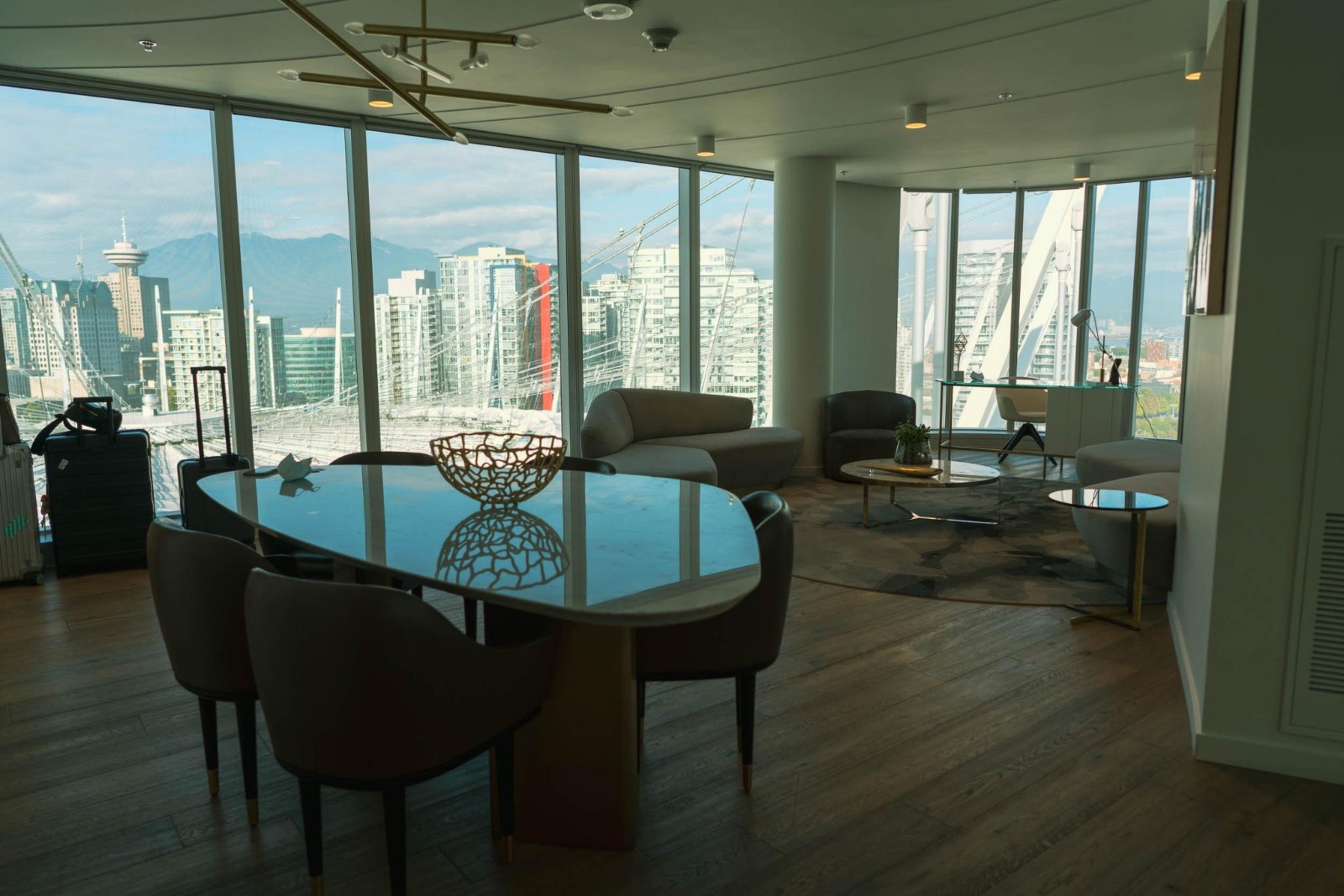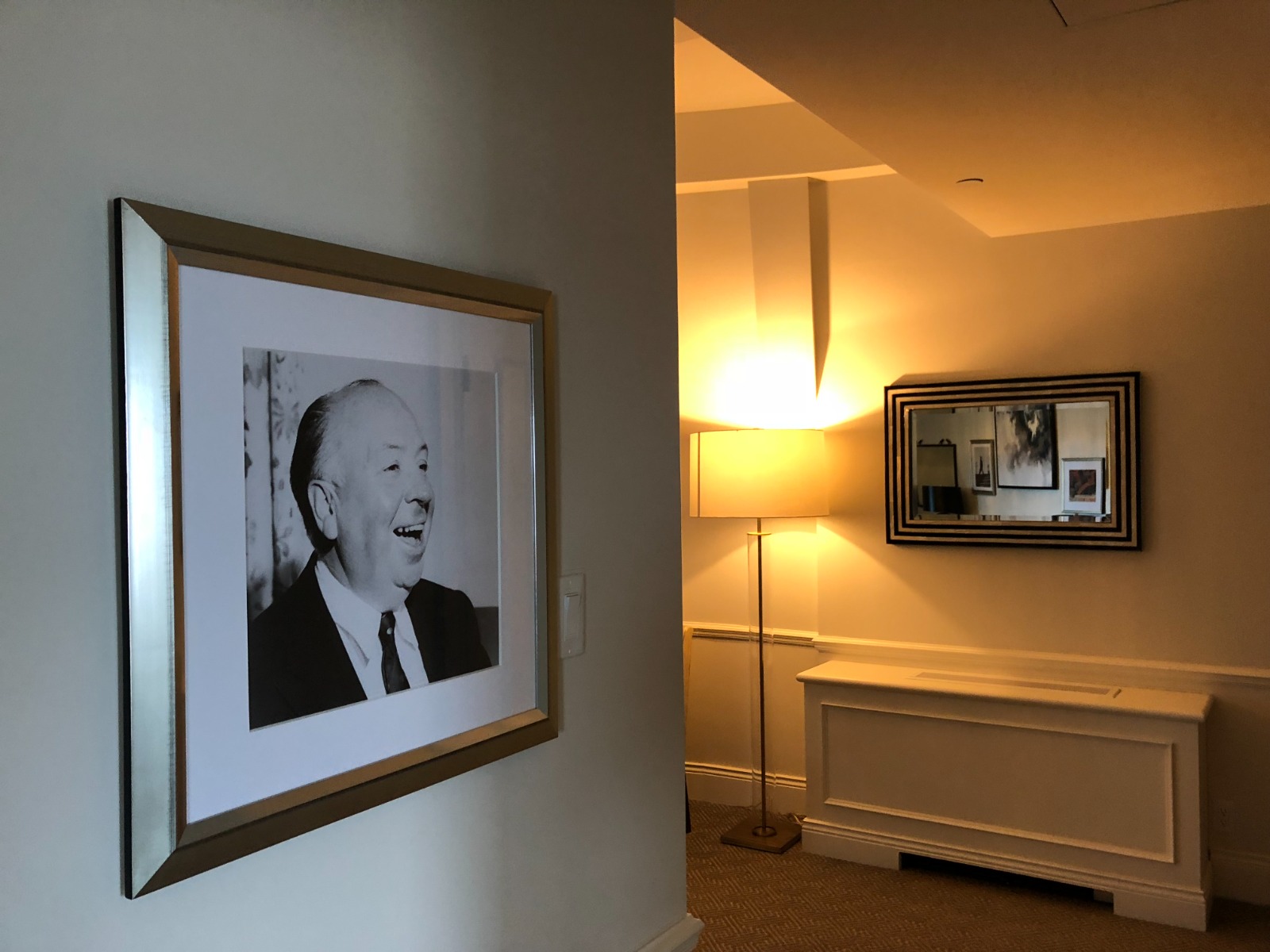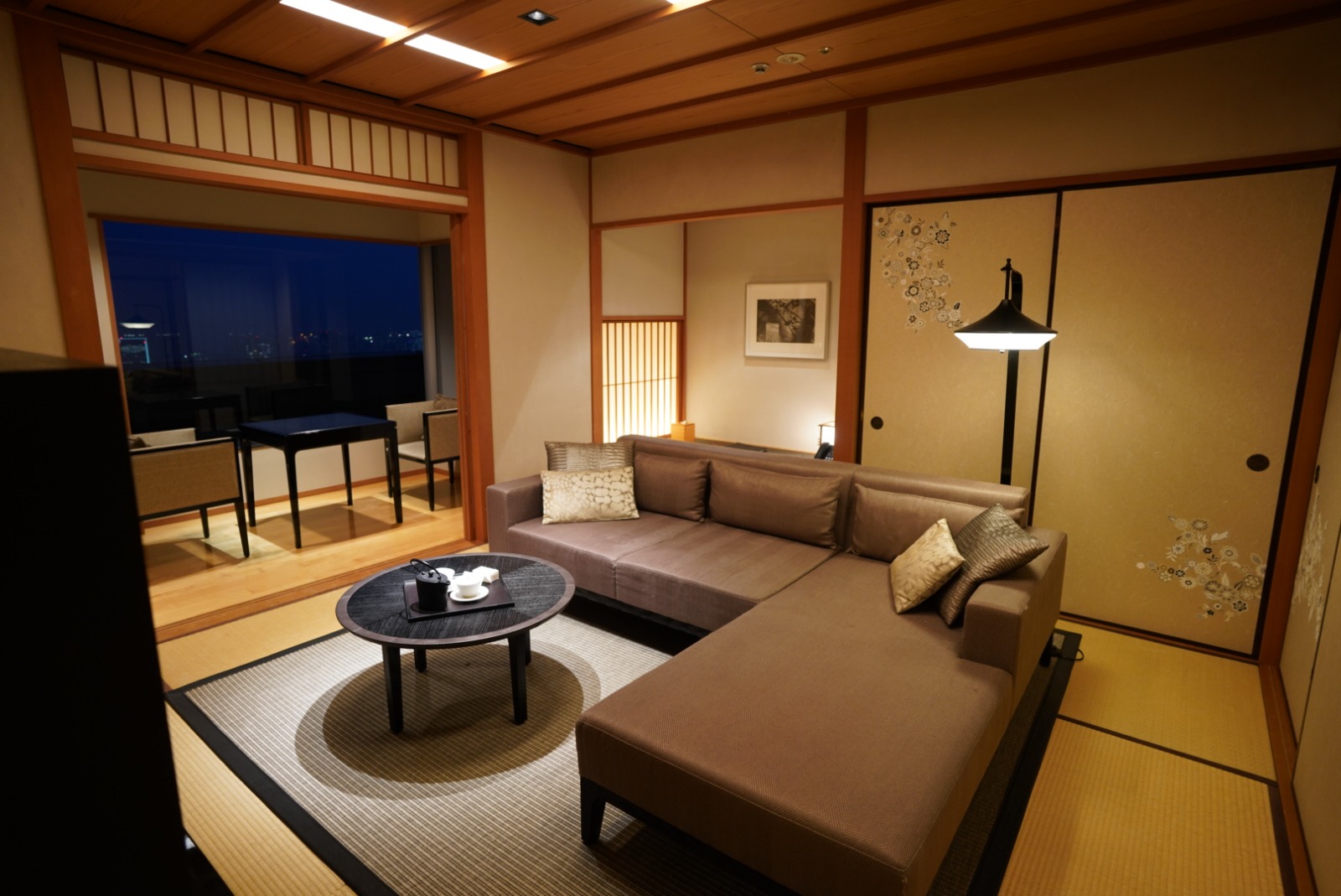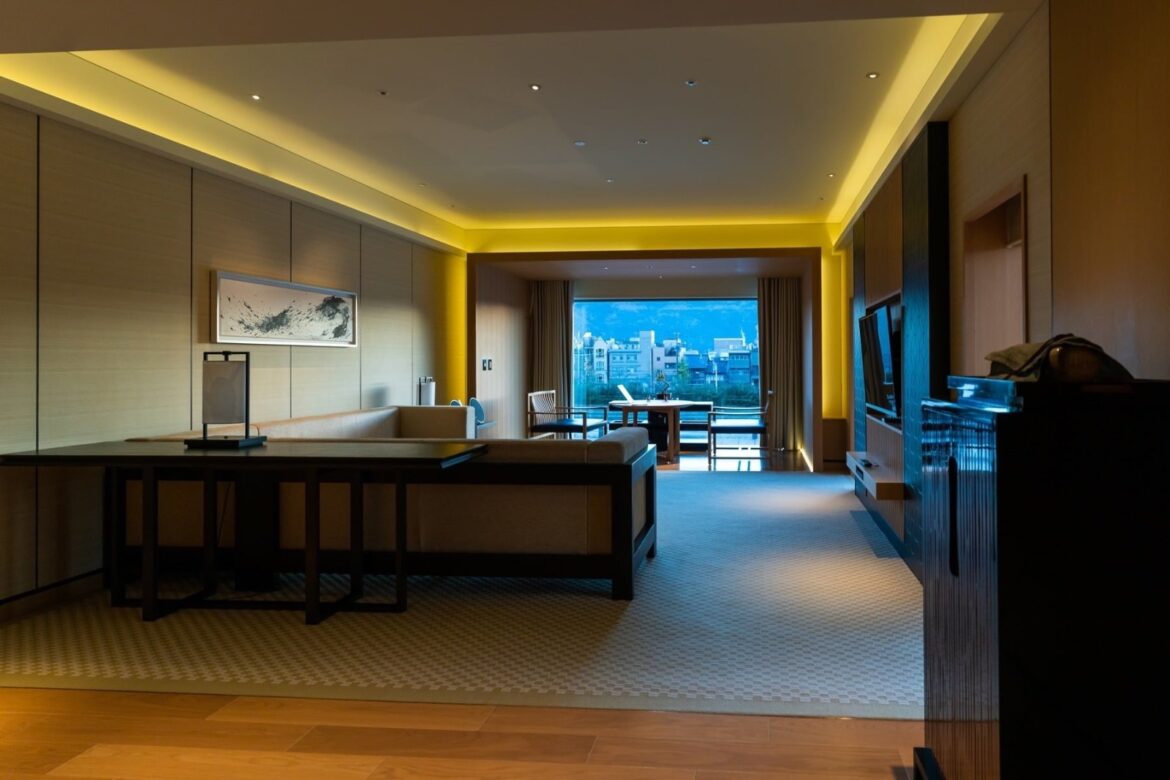Points Miles and Bling (blog) contains referral or affiliate links. The blog receives a small commission at no additional cost to you. Thank you for your continued support. Credit Card issuers are not responsible for maintaining or monitoring the accuracy of information on this website. For full details, current product information, and Terms and Conditions, click the link included.
The advent of social media has led to an influx of frequent travellers and bloggers sharing their success stories with extravagant suite upgrades, special excursion activities or the welcome food and beverage amenity. As travel resurges post-pandemic, more are eager to duplicate the success of scoring luxurious suite upgrades, getting unique treatments, and more. However, as people return in droves, guests have reported difficulty replicating elite benefits compared to the last few years. This calls for examining the evolving dynamics between hotels and guests and the importance of communication to minimize misunderstandings.
The Hotel and Guest Relationship
In the past, frequent travellers and elite members had a high success rate of acquiring suite upgrades, extended check-out times, last-minute dinner reservations, compensation for service recoveries, and other exceptional amenities. However, with hotels seeing record demand and occupancy post-pandemic, these expectations may need to be realigned.

JW Parq Vancouver – Presidential Suite
Both hotels and guests need to recognize that the hospitality landscape has changed. While it is still essential for hotels to prioritize guest satisfaction, it is also crucial for guests to adjust their expectations. Ultimately, most hotel chains are publicly traded companies and must focus on the bottom line to please their shareholders.
The Importance of Communication
Communication is the key to balancing guest satisfaction and hotel capabilities in this new environment. With a guest-first attitude, hotels must be transparent about their offerings, even if the information is hard to swallow. For instance, the hotel should clearly communicate the additional cost involved if a guest wants a suite out of the upgrade pool. Similarly, if a guaranteed suite is desired, guests should expect to pay a premium for that assurance.
Hotels need to play the delicate game of expectation setting better than before. If a suite upgrade is unavailable, it is better to be upfront rather than implying the possibility and causing frustration when it does not materialize for the guests.

Fairmont Quebec City – Hitchcock Suite
Guests need to be responsible and realistic about their expectations. Lack of permanent staffing and training challenges are new realities of the post-pandemic world. By acknowledging the challenges hotels face and adjusting their demands accordingly, guests can better manage their expectations and avoid being in a “stalemate” situation where both parties become unhappy about the issue.
Tips for Hotels
- Communicate policies around perks, amenities, or service changes transparently and proactively. Ensure the website and booking platforms are up-to-date with the latest information, and inform guests about any changes upon check-in.
- Set guest expectations regarding suite upgrades, special requests, and additional costs. If you cannot accommodate a request, explain the reasons, and offer alternatives proactively when possible.
- Train staff to handle difficult situations with empathy and understanding, focusing on finding solutions. Encourage employees to think creatively to ensure they meet guest satisfaction while adhering to hotel policies and limitations.
- Foster a culture of open communication within the organization. Encourage team members to share their experiences and ideas towards improving the guest experience. Ensure management is approachable and accessible to all employees.

Ritz Carlton Tokyo – Japanese Suite
Tips for Guests
- Be flexible. Hotels may operate with reduced staff, limited amenities, or new policies in response to the pandemic.
- Communicate your needs and preferences clearly, and in advance when possible.
- Be kind and patient, and exercise empathy towards staff, as they are likely doing their best to provide a positive experience for you.
- Do your research before booking a hotel. Read reviews, visit the hotel’s website, and contact the property directly to understand what to expect during your stay. This will help you make informed decisions and manage your expectations.
Take Away
As the world navigates the complexities of post-pandemic travel, hotel chains and guests must adapt to the new normal. Open communication, empathy, and understanding can go a long way in minimizing misunderstandings and ensuring a positive experience for everyone involved. By acknowledging the challenges hotels face and adjusting expectations accordingly, guests can continue enjoying their stays, while hotels can provide the best possible service.
